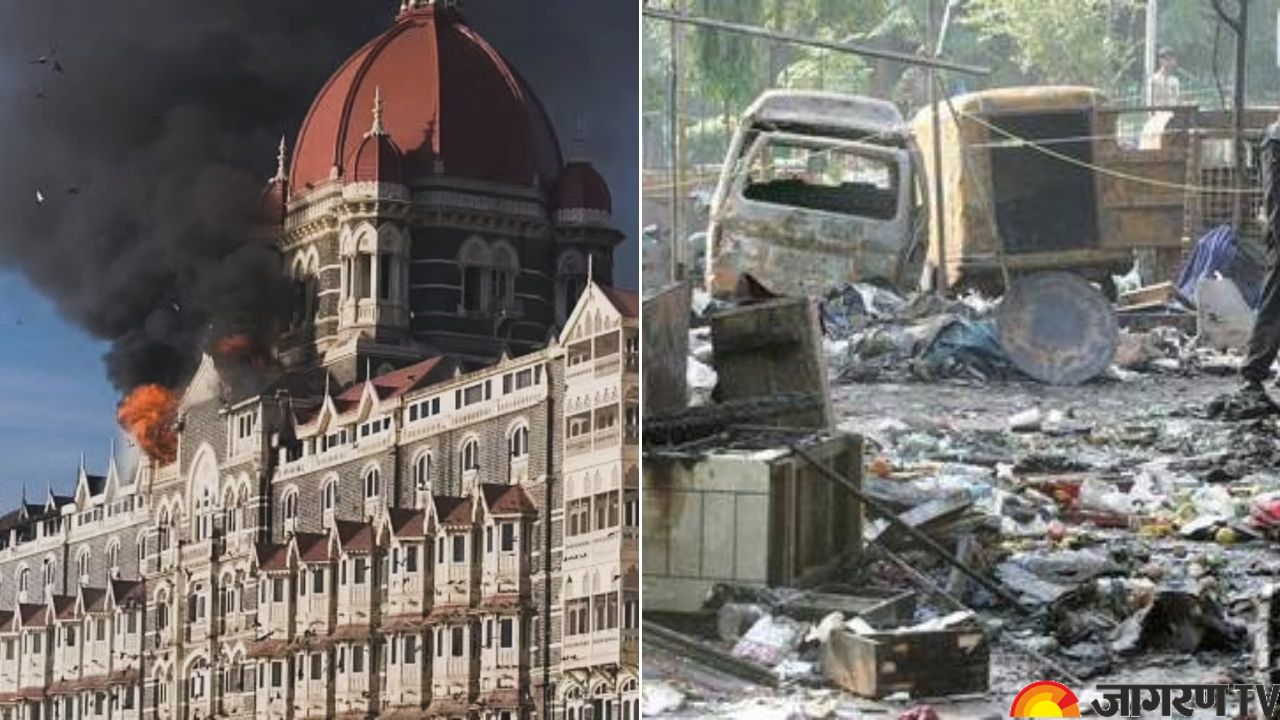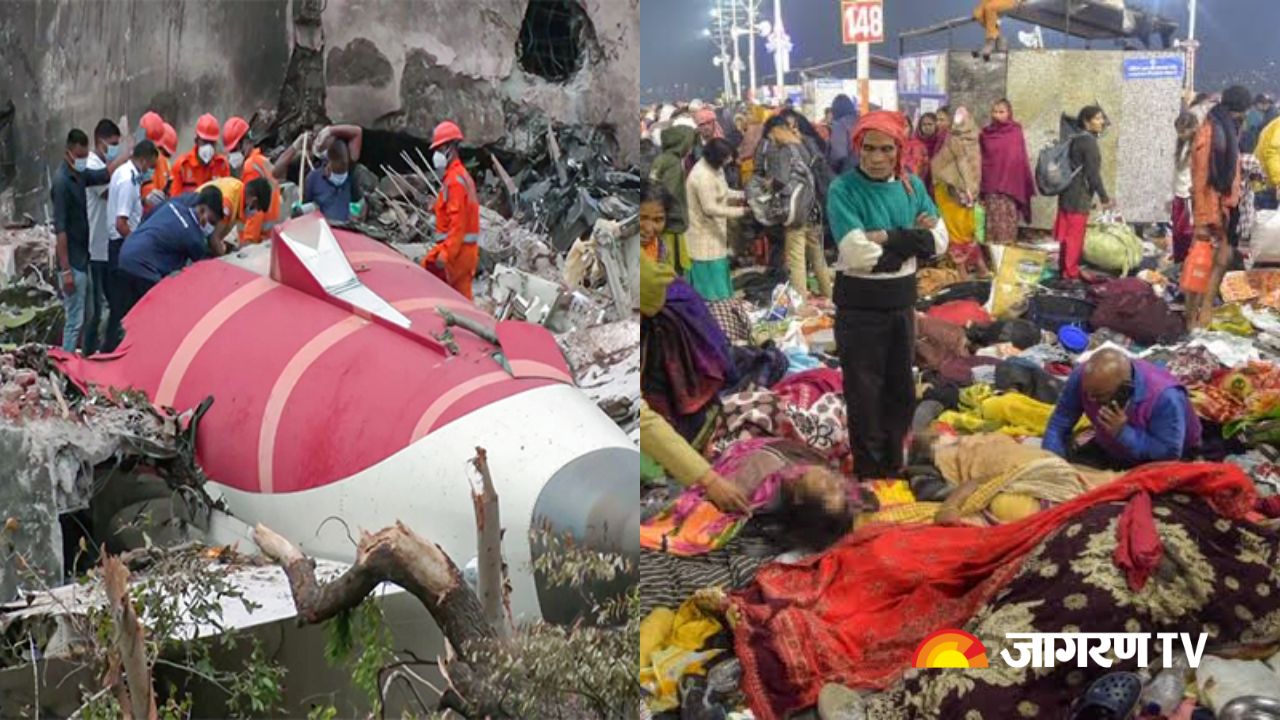Pahalgam Terror Attack: 26/11, Delhi Bombings, and More, Major Terrorist Attacks Occurred in India With Mass Casualties

Terrorist Attacks in India: The recent Pahalgam terror attack has left the nation grieving in anger and pain. On April 22, 2025, five terrorists launched a huge gunfire assault on male Hindu tourists in the Indian-administered area of Jammu and Kashmir, killing 26 and injuring more than 20. The incident occurred in Baisaran Valley, a renowned tourist site near Pahalgam. Though this is not the first time the country has been under terrorist attack, this incident is considered one of the brutal terrorist attacks that occurred in India.
Terrorism in India has a long and complex history, with various groups motivating multiple attacks throughout the country. These acts of violence have had tragic consequences, resulting in massive loss of life, widespread terror, and significant sociopolitical repercussions. In this article, we will dive deep into the most brutal terrorist attack incidents that occurred in India over the years.
26/11 Mumbai Attacks 2008
The November 2008 Mumbai attacks were a series of planned terrorist attacks carried out by ten members of the Pakistani militant organization Lashkar-e-Taiba. These attacks included shootings and bombs in 12 different locations around Mumbai over four days, from November 26 to 29, 2008. This deadly attack was severely criticized around the world. A total of 175 people were killed, including nine attackers, and more than 300 were injured.
Eight of the attacks occurred in South Mumbai: at the Chhatrapati Shivaji Maharaj Terminus, the Oberoi Trident hotel, the Taj Mahal Palace and Tower hotel, the Leopold Cafe, the Cama Hospital, the Nariman House, the Metro Cinema, and a lane near the Times of India building and St. Xavier’s College. India’s National Security Guards conducted Operation Black Tornado to eliminate the terrorists.
Pulwama Attack
On February 14, 2019, a suicide bomber targeted a convoy carrying Indian security personnel on the Jammu-Srinagar National Highway near Lethapora in the Pulwama region of the former state of Jammu and Kashmir. The attack killed 40 Central Reserve Police Force (CRPF) personnel, as well as the bomber, Adil Ahmad Dar, a local Kashmiri citizen of Pulwama district. Jaish-e-Mohammed, an Islamist terrorist organization based in Pakistan, claimed responsibility for the attack. This attack severely impacted India-Pakistan relations, resulting in the 2019 military standoff.
2005 Delhi Bombings
On October 29, 2005, three different explosions in the national capital, Delhi, killed 62 people and injured at least 210 more. These incidents occurred two days before the Diwali festival, which is celebrated with great enthusiasm across India. Explosions occurred at the Sarojini Nagar and Paharganj markets in central and south Delhi, as well as on a bus in Govindpuri. The Lashkar-e-Taiba, a Pakistani Islamist terrorist organization, claimed responsibility for the attacks under the name of Islamic Inquilab Mahaz. The Indian Mujahideen were also alleged to have been involved in the attack.
2001 India Parliament Attack
On December 13, 2001, a terrorist attack targeted India’s Parliament in New Delhi. Five terrorists from Jaish-e-Mohammed carried out the attack. Tragically, the attack killed six Delhi Police officers, two members of the Parliament Security Service, and one gardener.
1993 Bombay Bombings
On March 12, 1993, a series of twelve coordinated terrorist bombs struck Bombay (now Mumbai), Maharashtra, especially targeting Hindu-majority areas. These attacks killed 257 people and injured 1,400. Investigations found that Dawood Ibrahim, the leader of the Mumbai-based worldwide organized crime syndicate known as D-Company, was behind these incidents.
Related videos
-
US Bans TRF: China Supports US Action Against TRF, Calls for Unified Stand on Terrorism ...
-
Deadliest Year So Far: 5 Major Tragedies That Shook The Nation in 2025 ...
-
Modi To Trump Call: “India Has Not Accepted Any Mediation” During Pak Conflict ...
-
Pakistan Repeats Blaming Tactics To Target India For Regional Instability And The Kashmir Issue ...









